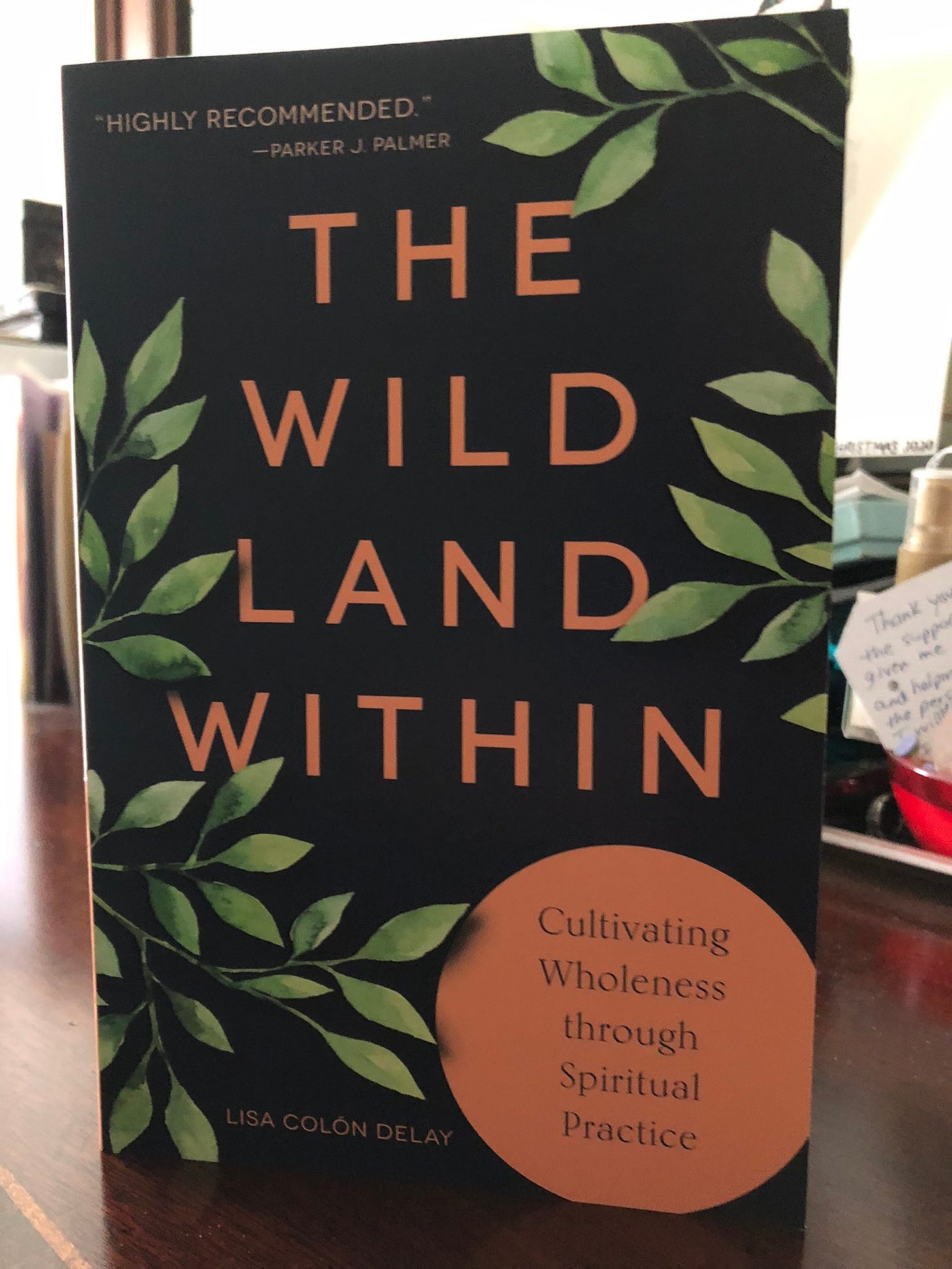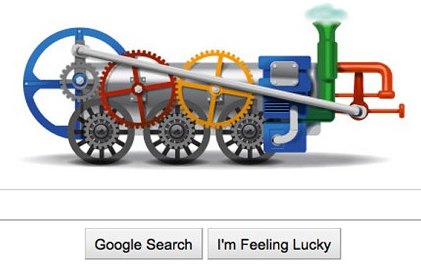The meaning of Dostoevsky’s puzzling words, his biography steeped in suffering, and interacting with the transcendent are featured today. Don’t miss Part II ⬇️ at the substack page with important links, images, references, and extras.
PART II:
https://sparkmymuse.substack.com/publish/post/141244300
Podcast: Play in new window | Download (Duration: 12:10 — 16.7MB) | Embed
Subscribe to Spark My Muse Apple Podcasts | Spotify | Email | TuneIn | RSS | Subscribe to Spark My Muse
• Please remember you can be an ongoing Patron (supporter) by going here.
This kind of support unlocks for you many extras on that site AND everything on the paid level at the Substack site (at the patreon $5 and up level)
For this episode go here:
https://www.patreon.com/posts/101582231
or for more info scroll down.
To get the spiritual formation book I wrote (The Wild Land Within)… 🎁 ❤️
just click the book or google search the title to get one or a few.

• You can find out about my publisher Broadleaf Books here
⭐️What is a Patron? Here are the DETAILS:
Patron supporters chip-in a bit each month to help me offset my expenses and continue creating episodes. Supporting this way ($5 +) entitles you to many perks and goodies that unlock once you begin.
Want to come along side me with support regularly?
This kind of help makes a big difference. It is with great appreciation that I create for my patrons as my “inner circle”.
• OF COURSE Patron supporters ALSO get ALL ACCESS to the Substack (paid) extras! Start here: https://www.patreon.com/
OR make a contribution at PayPal.me/lisacolondelay
• Listeners like you make this work possible.
Here’s how to help out:
1. Share the program with another person today.
2. Leave a good Rating/ Write a Review on iTunes for the podcast.

![Prophecy: Beauty Will Save the World [SSL 303]](https://lisadelay.com/blog/wp-content/uploads/2024/04/SSL-303-825x510.png)
